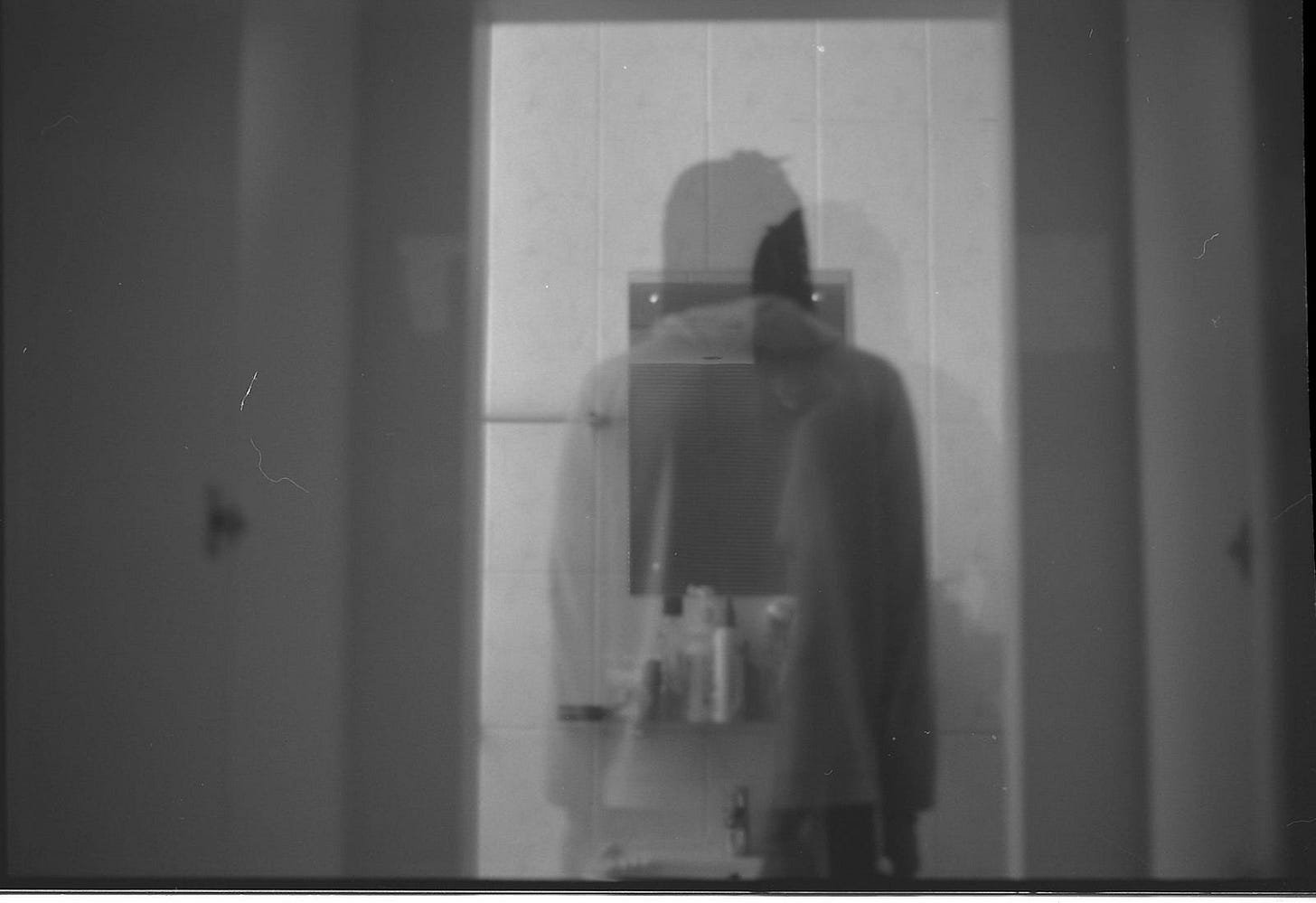What the Triumph of Instapoetry Tells Us About the Decline of Modern Language
Poetry is everywhere and nowhere. But mostly nowhere.
Whether you like it or not, the publication of Rupi Kaur’s poetry collection Milk and Honey is a significant moment in the history of poetry. In an age where poetry had been for some time almost culturally irrelevant, the collection became a NYT bestseller, Forbes listed her as one of our “emerging artists” and in 2019, The New Republic…
Keep reading with a 7-day free trial
Subscribe to This Isle is Full of Noises to keep reading this post and get 7 days of free access to the full post archives.




